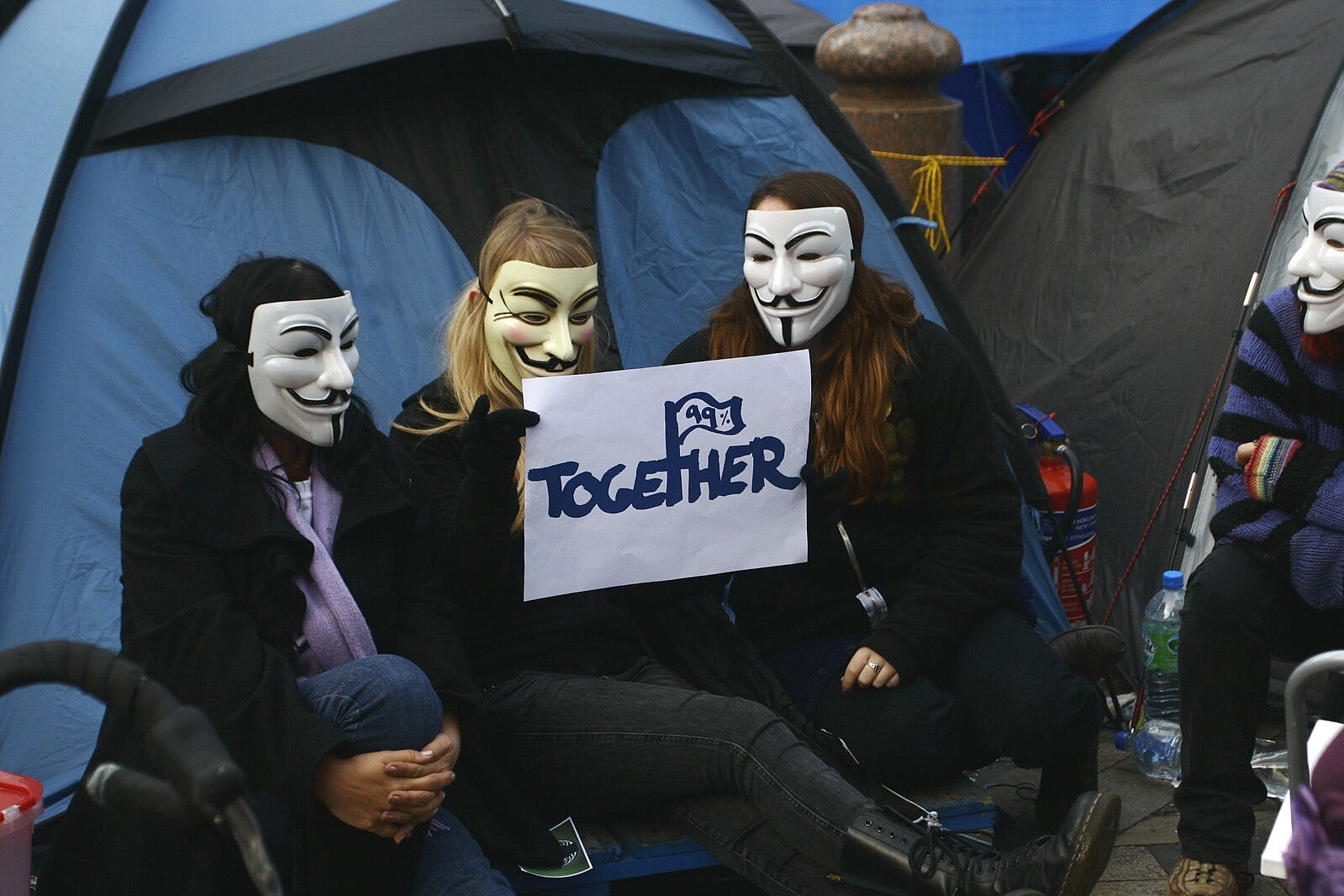
When I met my wife in law school in 2010, my first reaction to hearing she previously worked on Wall Street was: “That’s shameful.”
My young, naive self had no idea what Wall Street firms actually did, but I had heard and read a lot following the 2008 financial crisis. I thought I was an expert. Until I worked at one of those fi…
Keep reading with a 7-day free trial
Subscribe to PolisPandit to keep reading this post and get 7 days of free access to the full post archives.



